Historicizing Fear
Ignorance, Vilification, and Othering
edited by
Travis D. Boyce and Winsome M. Chunnu
U NIVERSITY P RESS OF C OLORADO
Louisville
2019 by University Press of Colorado
Published by University Press of Colorado
245 Century Circle, Suite 202
Louisville, Colorado 80027
All rights reserved
 The University Press of Colorado is a proud member of the Association of University Presses.
The University Press of Colorado is a proud member of the Association of University Presses.
The University Press of Colorado is a cooperative publishing enterprise supported, in part, by Adams State University, Colorado State University, Fort Lewis College, Metropolitan State University of Denver, Regis University, University of Colorado, University of Northern Colorado, University of Wyoming, Utah State University, and Western Colorado University.
ISBN: 978-1-60732-813-1 (cloth)
ISBN: 978-1-64642-001-8 (paperback)
ISBN: 978-1-64642-002-5 (open-access PDF)
ISBN: 978-1-64642-003-2 (open-access ePUB)
https://doi.org/10.5876/9781646420025
Library of Congress Cataloging-in-Publication Data
Names: Boyce, Travis D., editor. | Chunnu, Winsome M., editor.
Title: Historicizing fear : ignorance, vilification, and othering / edited by Travis D. Boyce and Winsome M. Chunnu.
Description: Louisville : University Press of Colorado, [2019] | Includes bibliographical references and index.
Identifiers: LCCN 2019035864 (print) | LCCN 2019035865 (ebook) | ISBN 9781607328131 (cloth) | ISBN 9781646420025 (ebook)
Subjects: LCSH: FearPolitical aspectsHistory. | FearSocial aspectsHistory. | Political persecutionPsychological aspectsHistory.
Classification: LCC BF575.F2 H57 2019 (print) | LCC BF575.F2 (ebook) | DDC 305.8dc23
LC record available at https://lccn.loc.gov/2019035864
LC ebook record available at https://lccn.loc.gov/2019035865
 An electronic version of this book is freely available, thanks to the support of libraries working with Knowledge Unlatched. KU is a collaborative initiative designed to make high-quality books open access for the public good. More information about the initiative and links to the open-access versions can be found at www.knowledgeunlatched.org.
An electronic version of this book is freely available, thanks to the support of libraries working with Knowledge Unlatched. KU is a collaborative initiative designed to make high-quality books open access for the public good. More information about the initiative and links to the open-access versions can be found at www.knowledgeunlatched.org.
Contents
Travis D. Boyce and Winsome M. Chunnu
Quaylan Allen and Henry Santos Metcalf
Adam C. Fong
Melanie Armstrong
Kirsten Dyck
Guy Lancaster
Julie M. Powell
Travis D. Boyce and Winsome M. Chunnu
ukasz Kamieski
Jelle Versieren and Brecht De Smet
Jeffrey A. Johnson
An Introduction
Travis D. Boyce and Winsome M. Chunnu
Fear of unconformity, fear of race, fear of disease, fear of touch, fear of blood, fear of non-straight sex, fear of workers, fear of desire, fear of women, fear of subaltern rage, fear of color, fear of desire, fear of crime, fear of illegals, and the fear of uprising: Fear is both the metanarrative that drives the disciplinary apparatus of the nation-state (police, Immigration and Naturalization Services [INS], military, schools) and the intended effects on the body politic.
Arturo J. Aldama (Violence and the Body: Race, Gender, and the State, 12).
This edited volume examines the use of fear and Othering. Certainly, well show how fear is used within contemporary political events. But this book goes deeper, searching many historical cultures and societies. We believe historians are crucial to the understanding today of how fear is used as a tool. This volume vigorously tackles how the Other is defined, how fear of the Other is reinforced and spread, and its use for political gain.
Throughout this volume, the reader will get a clear view of how individuals and groups are oppressed and marginalized. When we look at the past, we can better understand how fear is used now and how it could be used in the future. Fearful framing is ever-present in our society, as can be easily seen in modern life. For example, on July 21, 2016, Donald J. Trump officially accepted the nomination to become the Republican Partys candidate for president of the United States. Once
Covertly calling for white unity in his campaign slogan Lets Make America Great Again, Trump painted a bleak picture of the state of domestic affairs in the United States. He implicitly indicted people of color (African Americans) and Mexican immigrants for the rise of violent crimes (under the administration of this nations first African American president). He noted:
Decades of progress made in bringing down crime are now being reversed by this Administrations rollback of criminal enforcement. Homicides last year increased by 17% in Americas fifty largest cities. Thats the largest increase in 25 years. In our nations capital, killings have risen by 50 percent. They are up nearly 60% in nearby Baltimore. In the Presidents hometown of Chicago, more than 2,000 have been the victims of shootings this year alone. And more than 3,600 have been killed in the Chicago area since he took office. The number of police officers killed in the line of duty has risen by almost 50% compared to this point last year. Nearly 180,000 illegal immigrants with criminal records, ordered deported from our country, are tonight roaming free to threaten peaceful citizens.
Framing himself as the law and order candidate, Trump relished delivering a convention speech that emphasized supporting the police force, ignoring the fact that these institutions have historically had a troubled and violent relationship with communities of color. While offering his sympathies to officers wounded or killed by black assailants in the recent shootings in Dallas, Texas, and Baton Rouge, Louisiana, respectively, he remained silent on the murders of Alton Sterling and Philando Castile, among others, by policethus essentially endorsing the narrative, as noted by ethnic studies professor Arturo J. Aldama, that state violence against the Other (people of color) is acceptable:
America was shocked to its core when our police officers in Dallas were brutally executed. In the days after Dallas, we have seen continued threats and violence against our law enforcement officials. Law officers have been shot or killed in recent days in Georgia, Missouri, Wisconsin, Kansas, Michigan, and Tennessee.
On Sunday, more police were gunned down in Baton Rouge, Louisiana. Three were killed, and four were badly injured. An attack on law enforcement is an attack on all Americans. I have a message to every last person threatening the peace on our streets and the safety of our police: when I take the oath of office next year, I will restore law and order in our country.
Instead of extolling national unity, Trump promoted division. Instead of offering ideas for reconciliation, Trump conjured up reasons for agitation. Instead of providing reassurance, Trump preached fear of the Other. His convention speech and rhetoric during the 2016 presidential primary and general election campaign reflected these issues, especially fear of the Other.
The election of Barack Obama in 2008 as this nations first African American president was a signal to white America that they would no longer be the numerical majority in the coming years. Political science professors Christopher Parker and Matt Barreto argue that an Obama presidency signaled to a conservative white America the erosion of their position in America. Trump successfully tapped into these anxieties to assemble a political base. He won the support of prominent white nationalists such as David Duke and other members of the extreme right (colloquially, Alternative Right or Alt Right) by carefully portraying people of color, immigrants, and Muslims as the Other (pathologically dangerous, a burden on the economy, and so forth) and thus a group to be feared.

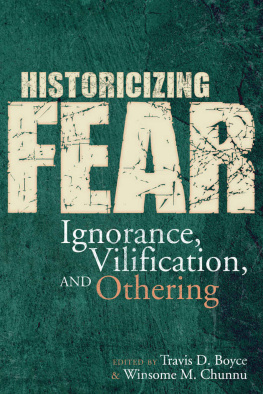
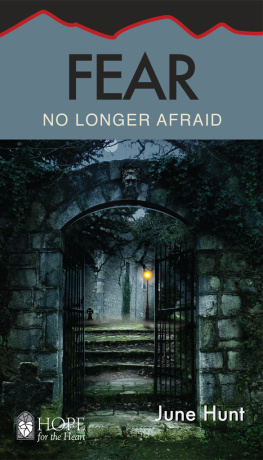



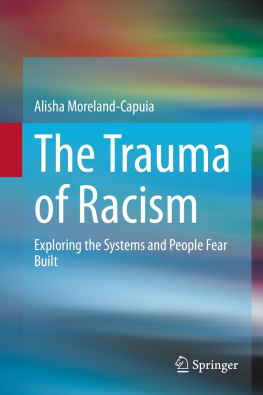
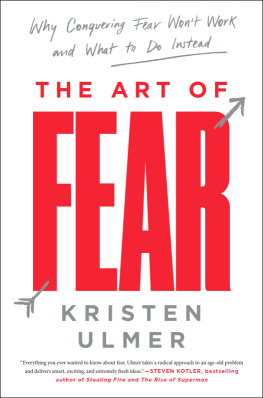
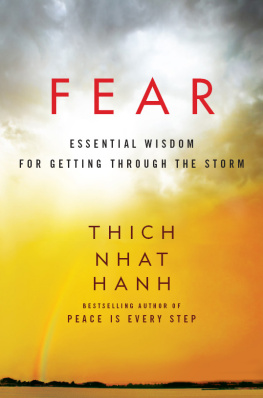
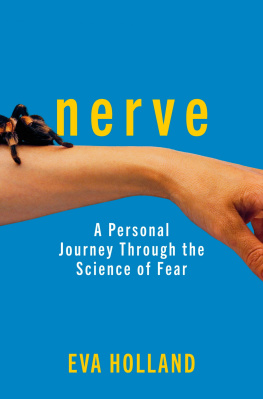
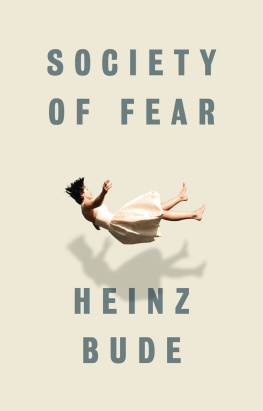
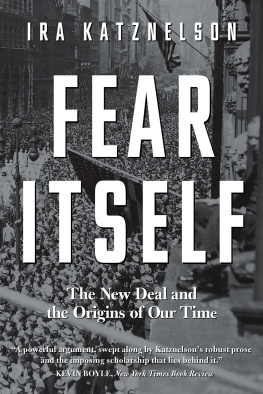
 The University Press of Colorado is a proud member of the Association of University Presses.
The University Press of Colorado is a proud member of the Association of University Presses. An electronic version of this book is freely available, thanks to the support of libraries working with Knowledge Unlatched. KU is a collaborative initiative designed to make high-quality books open access for the public good. More information about the initiative and links to the open-access versions can be found at www.knowledgeunlatched.org.
An electronic version of this book is freely available, thanks to the support of libraries working with Knowledge Unlatched. KU is a collaborative initiative designed to make high-quality books open access for the public good. More information about the initiative and links to the open-access versions can be found at www.knowledgeunlatched.org.